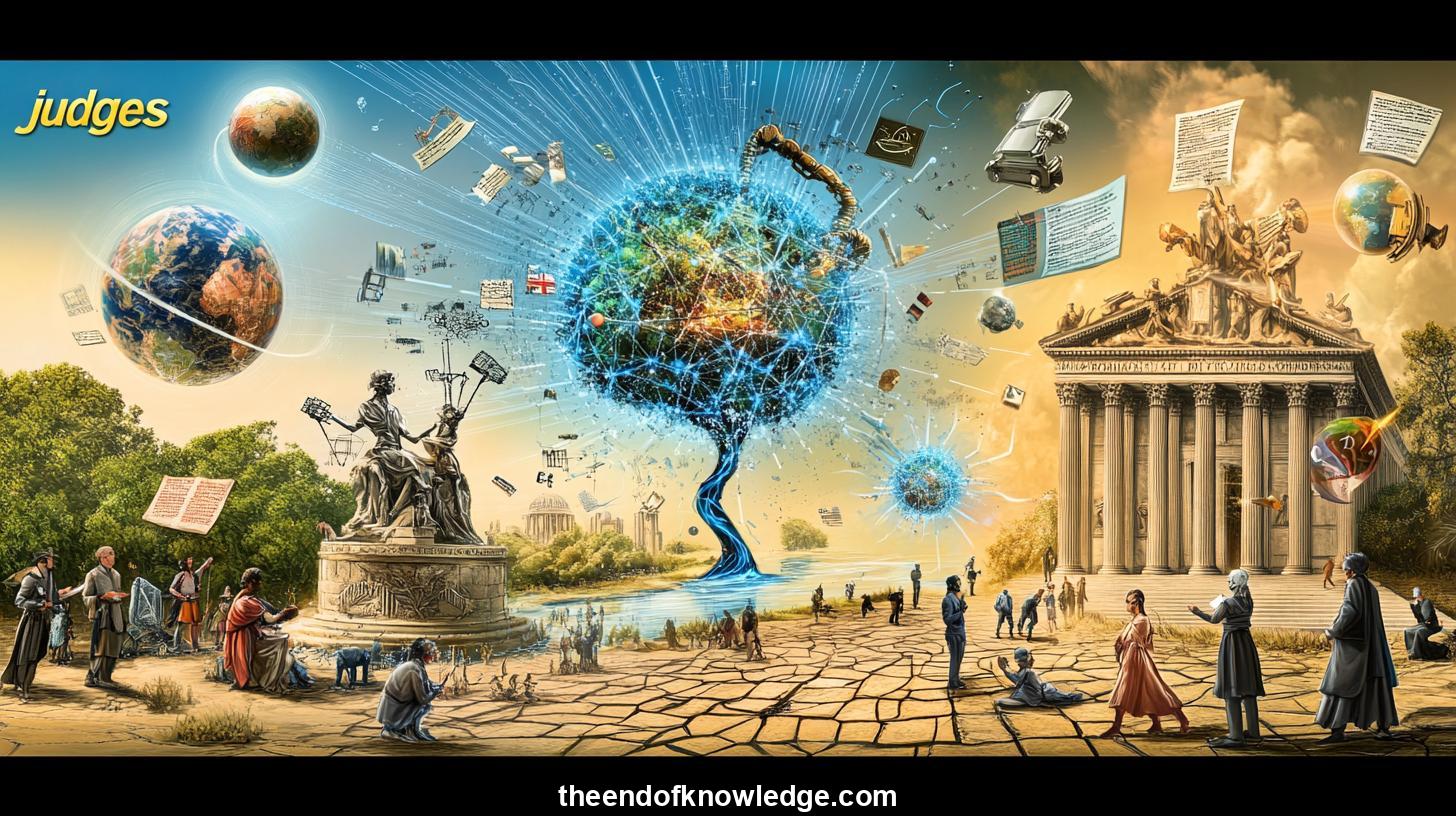 >
>
Concept Graph, Resume & KeyIdeas using DeepSeek R1 :
Resume:
The discussion explores the transformative impact of artificial intelligence (AI) on work and society, delving into ethical, economic, and philosophical dimensions. Participants highlight AI's potential to disrupt traditional employment structures, with automation replacing jobs across various sectors, from manufacturing to healthcare and education. They discuss the tension between utopian and dystopian futures, where AI could either usher in unprecedented prosperity or exacerbate inequality and social unrest. Historical parallels, such as the Industrial Revolution, are drawn to contextualize the current technological shift. The conversation also touches on the need for adaptive social policies, such as universal basic income, to mitigate the adverse effects of widespread automation. Ethical considerations, including the concentration of AI-related power in corporations and governments, are emphasized, alongside the importance of maintaining human agency and purpose in an increasingly automated world. Theological and philosophical reflections emerge, questioning the redefinition of human identity and the pursuit of transcendence in a world where traditional notions of work and purpose may no longer apply. Ultimately, the discussion underscores the urgency of proactive measures to navigate the challenges and opportunities posed by AI, advocating for a balanced approach that prioritizes human well-being and ethical governance.30 Key Ideas:
1.- AI disrupts traditional employment, potentially replacing jobs across sectors.
2.- The future of work may be shaped by automation and AI-driven technologies.
3.- Ethical concerns arise about AI's impact on inequality and social structures.
4.- Universal basic income is proposed as a solution to mitigate job displacement.
5.- Historical parallels, like the Industrial Revolution, provide context for current changes.
6.- The concentration of AI power in corporations and governments raises ethical issues.
7.- Human agency and purpose must be redefined in an automated world.
8.- Theological reflections question the pursuit of transcendence in a tech-driven society.
9.- Proactive policies are essential to navigate AI's challenges and opportunities.
10.- Ethical governance of AI is crucial to ensure equitable benefits and minimize risks.
11.- AI could either create a utopian future of prosperity or a dystopian reality of control.
12.- The discussion emphasizes the need for a balanced approach to AI integration.
13.- Human well-being should be a priority in shaping AI policies and technologies.
14.- The role of education and re-skilling is vital in preparing for an AI-driven economy.
15.- Philosophical questions about human identity emerge in the context of AI advancements.
16.- The pursuit of meaning and purpose may shift away from traditional employment roles.
17.- AI challenges existing social and economic structures, requiring adaptive responses.
18.- The ethical implications of AI extend to issues of privacy, surveillance, and control.
19.- Global cooperation is necessary to address the widespread impact of AI technologies.
20.- The integration of AI into society demands a re-evaluation of human values and goals.
21.- The potential for AI to enhance creativity and problem-solving is explored.
22.- The discussion highlights the importance of inclusivity in AI development and governance.
23.- The impact of AI on mental health and societal well-being is a growing concern.
24.- The need for transparency in AI systems is emphasized to build public trust.
25.- The role of governments in regulating AI technologies is a key topic of debate.
26.- The ethical use of AI in warfare and surveillance raises significant moral questions.
27.- The potential for AI to solve global challenges, such as climate change, is discussed.
28.- The importance of education in preparing societies for an AI-driven future is stressed.
29.- The discussion underscores the need for continuous dialogue on AI's societal impact.
30.- The future of AI requires a focus on human-centered solutions and ethical frameworks.
Interviews by Plácido Doménech Espí & Guests - Knowledge Vault built byDavid Vivancos 2025